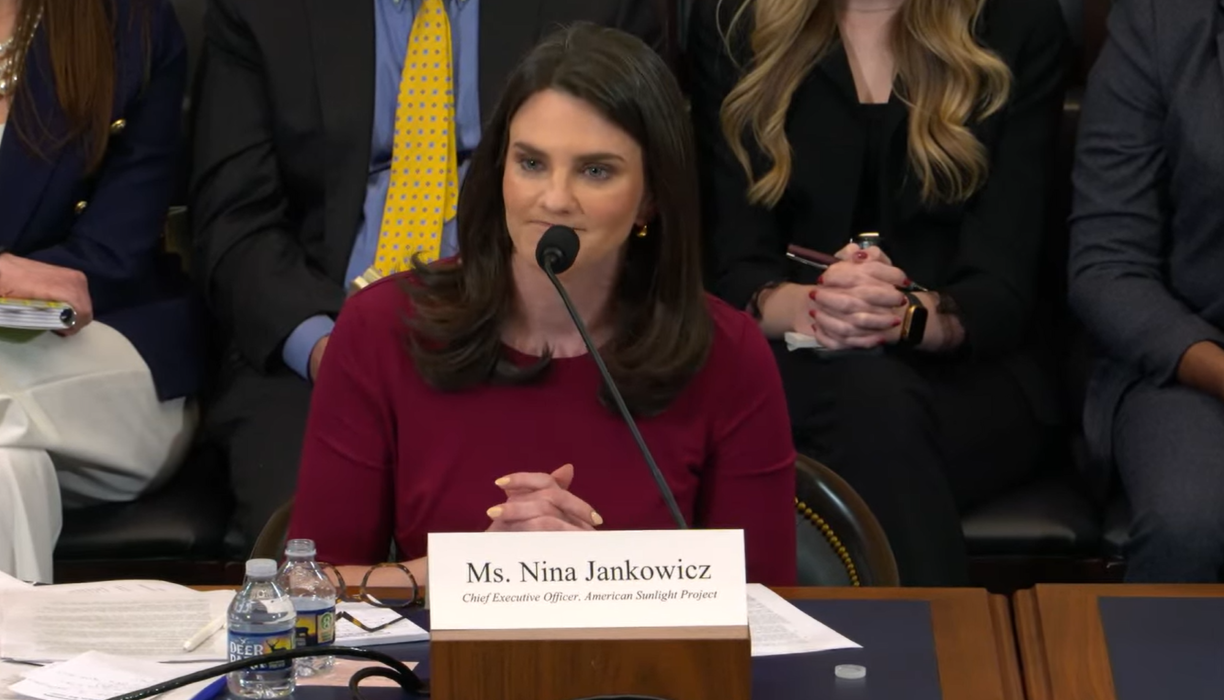Keep Your Anti-American Hands Off ‘Little House On The Prairie’
The article discusses Netflix’s declaration of a reboot of “Little House on the Prairie,” based on Laura Ingalls Wilder’s popular book series and the original television show that aired from 1974 to 1983. The author expresses concern that modern adaptations may distort the original themes of the story, wich highlighted the resilience and values of pioneer life, including family, independence, and self-reliance. The piece reflects worries that contemporary political ideologies, such as “wokeness,” may overshadow the core narrative, leading to interpretations that frame westward expansion negatively. The article advocates for a faithful representation of Wilder’s experiences, warning against the imposition of current social agendas that could alter the essence of this significant American story. The author ultimately suggests that if Netflix aims to celebrate the cultural importance of “Little House on the Prairie,” it should stay true to its foundational values rather than lean into contemporary critiques of American history.
Laura Ingalls Wilder did not cross the country in a covered wagon and triumph over wolves, floods, Indians, and malaria to have her life’s work rewritten by Los Angeles green juice yuppies, but here we are. Netflix officially announced a “Little House on the Prairie” reboot is in the works, and we should prepare for the worst.
Both Wilder’s autobiographical book series and the television series that ran from 1974 to 1983 are deeply popular with Americans because they tapped into a pivotal moment in the country’s history — the westward expansion and the settling of the frontier. The story of Pa, Ma, and their three daughters, Mary, Laura, and baby Carrie are delightful and entertaining, but it also captures the challenges and triumphs of pioneer life, showcasing the resilience and resourcefulness that defined the era. It’s a nostalgic window into a time when daily survival required determination and where small victories like seeing your dad bring a rabbit home for supper felt monumental. So it’s not surprising that Netflix would see this beloved content as ripe for ripping off and cashing in on — just disappointing.
Wilder’s stories embody the most important ideals and values that our country was founded on and that many Americans still hold dear today. Values like family, security, charity, independence, and self-reliance. Can we really trust the service that brought us “Dear White People” to do justice to those themes?
Wilder’s story begins in Wisconsin, but by the third book, the Ingalls family has settled in Kansas, where her father built a one-room log house more or less in the middle of the Osage Indian territory. You can imagine how a modern telling of this story begs for screenwriters to insert woke, anti-settler political screeds, which is not just the opposite of Wilder’s personal experiences but the opposite of American history. Netflix teases this in its press release, promising the “series will offer a kaleidoscopic view” of those who shaped the frontier.
From the perspective of the novel’s narrator, 5-year-old Laura, the Indians are a threat to her family. She watches Ma tremble in fear as they raid their home, taking food and valuables. She lays awake for nights on end listening to their threatening war chants. And yet, Wilder also gives us glimpses of their shared humanity. The way Pa respects and shares meals with Indians, and the way Laura longs to see a “papoose.” The trials and triumphs of the Ingalls are real American stories that are now going to be twisted into a message of the settlers’ racism or colonialism instead of American resilience and exceptionalism.
The problem with wokeness in Hollywood is not that it’s tied to progressivism or Marxism (although it usually is that too), but that it’s boring. We have reached total woke saturation at the box office, where we need fewer land acknowledgments and more original, inspiring works of art. Not woke retellings of recycled characters and franchises.
If Netflix really wants to take a stab at honoring this cultural touchstone, they should focus on keeping “Little House on the Prairie” a showcase of the American values that built this nation. But if they want to lecture us on why Westward expansion was a racist mistake, they can take “Little House” from my cold, dead hands.
Madeline Osburn is managing editor at The Federalist. Contact her at [email protected] or follow her on Twitter.
" Conservative News Daily does not always share or support the views and opinions expressed here; they are just those of the writer."





Now loading...